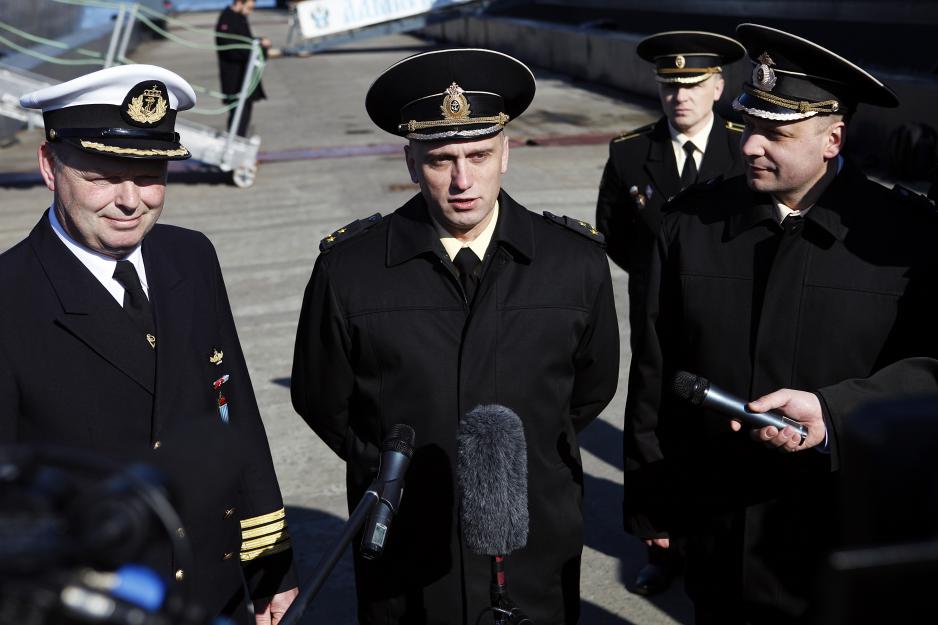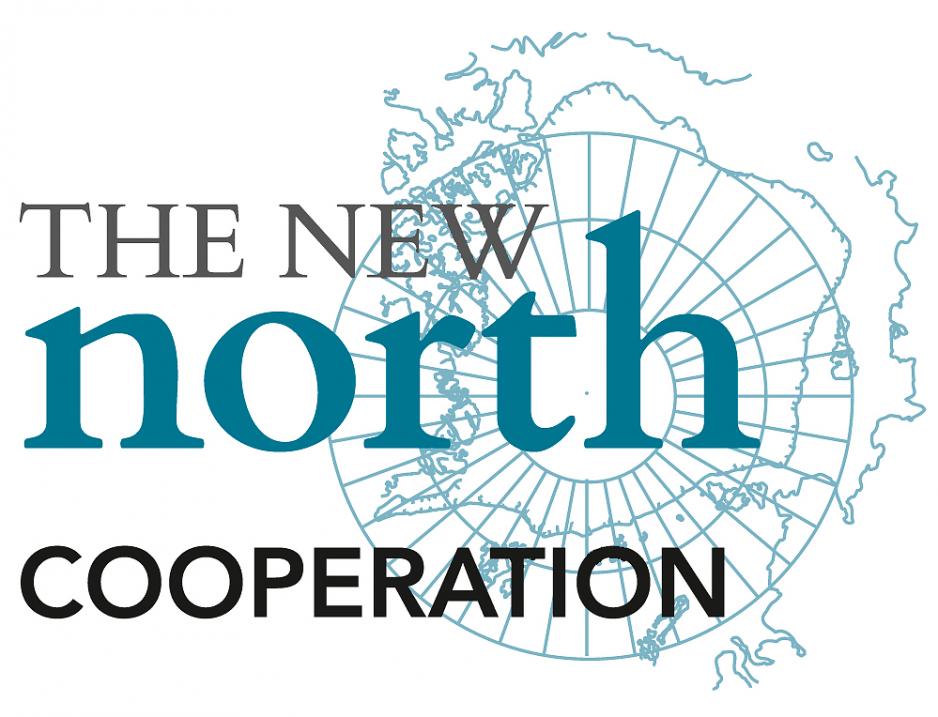Norwegian Joint Headquarters: - We talk to Russia over Skype

- It is not as though all channels of communication between the Norwegian Armed Forces and the Russian military in the north are broken, specifies Chief of Communications, Colonel-Lieutenant Ivar Moen at Norwegian Joint Headquarters (FOH) in Bodø, to High North News.
Klikk her for norsk versjon.
- FOH’s duty officer and the Northern Fleet’s duty officer (Russia) are in contact each week via Skype to check the connection. The Skype connection exists to clarify relations between the Northern Fleet and FOH, in order to avoid any possible misunderstandings, Moen explains.
Commanders meet annually
In addition to the weekly Skype-connection controls, military commanders, FOH Commander and FSB Commander (federalnaja sluzjba bezopasnosti, Russian Federal Security Service, editorial note), meet annually. Russia’s FSB is concerned primarily with internal security. The Russian coast guard and border security are part of FSB.
- Annual meetings are held alternately in Norway and Russia, and lay the foundation for continuation of existing cooperation regarding, for example, the coast guard, search and rescue, and border security, with minutes recorded and verified. The parties also participate in two preparatory meetings held prior to the formal meeting. In the preparatory meetings, there is an exchange of information between the border commissioners, coast guard and FOH, in preparation for the formal meeting, explains Colonel-Lieutenant Moen.
Click here to read all the articles we have published so far, in our series The New North.
Incident at Sea agreement
In addition to the areas above, cooperation between Norwegian and Russian military units and organisations continues via the Incident at Sea agreement between the two countries.
- The agreement aims to contribute to the prevention of incidents on the open sea; military vessels, rescue vessels and aircraft operating outside of territorial waters. The purpose of the agreement is to prevent the occurrence of dangerous situations related to Norwegian and Russian military vessels and aircraft operating in close proximity.
Negotiations in 2015
The agreement was signed in 1990 and later extended by amendments made in 1998. Negotiations between Norway and Russia regarding changes/updates to the agreement took place as recently as 2015, says Ivar Moen.
- The aim is to fulfill the purpose of the agreement by ensuring that military units demonstrate caution, and exchange information about their actions and intentions. Restrictions, obligations and communications procedures for vessels and aircraft, as well as instructions about information channels, and regular meetings between partners, are the measures one has to hand for preventing dangerous situations.
The Defense Staff manages the agreement, says Colonel-Lieutenant Ivar Moen at FOH.


